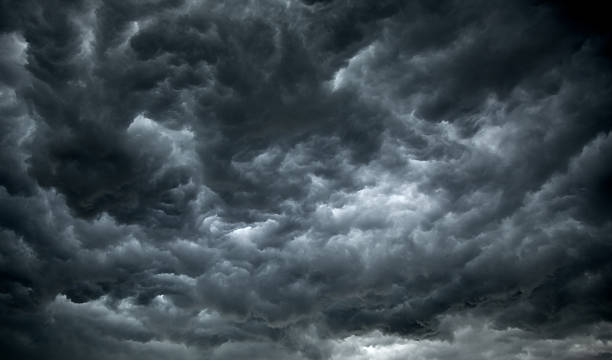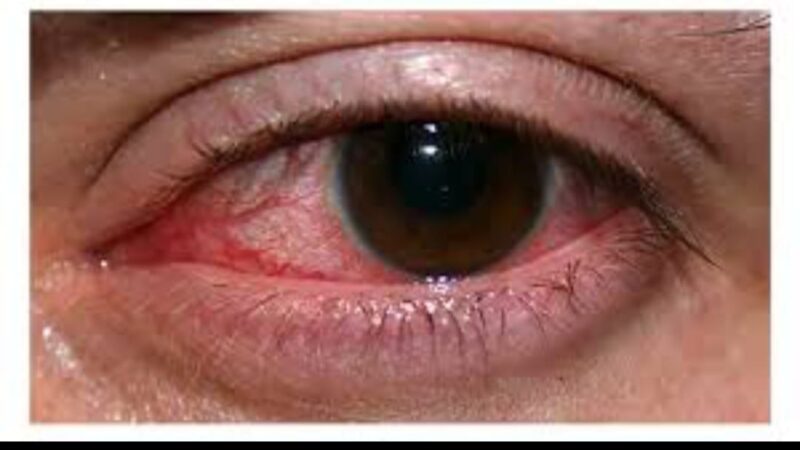Social media affects individual’s mental health: Study

By Ipsita Priyadarsini
Bhubaneswar: People are social by nature. The social ties are crucial to our well-being and happiness because they provide us with the emotional support we need to get through the day.
The previous decade has seen a meteoric rise in the use of social media sites like Facebook, Twitter, Snapchat, Instagram, and the like. Since human beings have a hardwired need to interact with others, social media platforms have proven immensely popular.
Too much time spent on social media, while its intended purpose of bringing people together, can lead to feelings of loneliness and isolation, as well as the worsening of mental health issues like anxiety and depression. It was found in a study conducted among 90 respondents from Bhubaneswar by a student of MJMC at Institute of Media Studies (IMS) Ipsita Priyadarsini. Titled as ‘Effect of Social Media on Mental Health: A Case Study in Capital City of Bhubaneswar’, the study found that YouTube was most sought after social media platform among the respondents in Bhubaneswar.
The study also reveals that the effects of social media tend to reinforce each other. Dopamine, the “feel-good hormone” associated with gratifying activities like sex, eating, and social connection, is released in the brain when this is used, activating the reward center. This trend is present in different age groups differently, but the millennials and Gen Z are getting impacted a lot based on their usage pattern and the support networks they have in their real life.
Social media platforms can cause social media addictions. Like an addiction, feeling like you’re missing out on particular things can lower your self-esteem, cause worry, and increase your use of social media.
Interactions (face-to-face) are essential for maintaining human mental health. It is important to make eye contact with the right person who is caring and passionate. Such actions help to alleviate stress and improve an individual’s mood effectively and efficiently. Those who are regular users of social media are more likely to suffer from mood disorders; they are more likely to experience sadness and anxiety. If you attach weightage to social media interaction instead of in-person relationships, you may face mental issues. Social media addictions can also result in an individual being less attentive or focused. Because of this, individual daily life activities can get adversely affected.
Frequent use of various social media websites does not help people feel less lonely. In contrast, reports suggest that cutting back on social media can boost an individual’s general well-being and make that person feel less isolated and lonely. On social media, about 10% of teenagers report being bullied, and many other social media users experience negative comments. Some social media platforms can act as centers and hubs for the dissemination of damaging lies, rumors, and abuses that can cause a range of mental ailments to the social media user.







I gotta favorite this internet site it seems very helpful very helpful
Heard some whispers about Kulisbetaffiliate. If you’re interested in affiliates, this might be worth a look. Seems like they have some decent programs. Find out more here: kulisbetaffiliate
Solid analysis! Betting strategies need adaptability, and understanding value is key. New to online gaming? Platforms like abc8 login aim for user-friendly access, which is a good starting point for beginners. Keep researching!
Pretty part of content. I simply stumbled upon your site and in accession capital to assert that I acquire actually enjoyed account your blog posts. Any way I will be subscribing in your augment or even I achievement you get admission to consistently rapidly.
The crux of your writing whilst appearing agreeable in the beginning, did not sit perfectly with me after some time. Someplace within the sentences you actually were able to make me a believer unfortunately only for a short while. I however have got a problem with your leaps in logic and one would do nicely to fill in those gaps. In the event that you actually can accomplish that, I would certainly be amazed.
I love the efforts you have put in this, appreciate it for all the great posts.
Hello my friend! I want to say that this article is amazing, nice written and include approximately all important infos. I’d like to see more posts like this.
Just wanna tell that this is very beneficial, Thanks for taking your time to write this.
Terrific work! That is the type of info that should be shared around the internet. Disgrace on Google for now not positioning this put up higher! Come on over and seek advice from my site . Thanks =)
I truly appreciate this post. I have been looking everywhere for this! Thank goodness I found it on Bing. You have made my day! Thanks again
Woh I love your content, saved to fav! .
I am glad to be a visitor of this double dyed site! , regards for this rare information! .
Interesting read! It’s smart how platforms like qbts stock apk blend modern tech with those deep-rooted Asian gaming traditions – a cultural approach is key for trust, right? Definitely something to consider when evaluating online casinos.